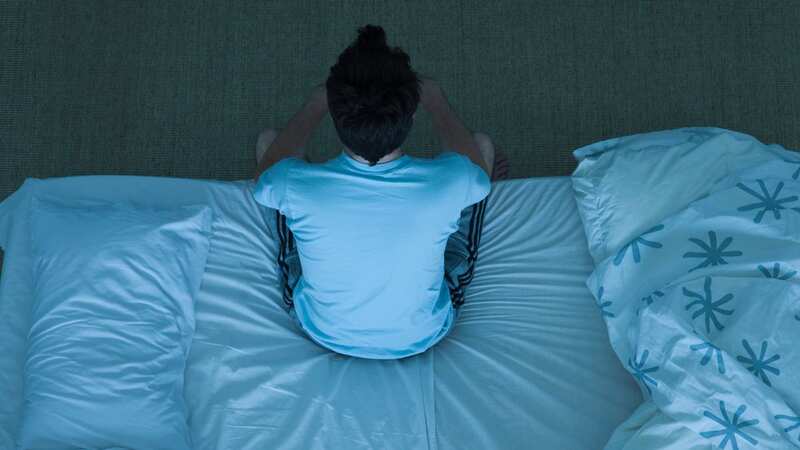Common night-time habit could be urgent warning sign of aggressive cancer

A common night-time habit could indicate a type of aggressive cancer in men, experts have warned.
If you have a sudden or increased need to urinate throughout the night it could be a sign of prostate cancer, it has been reported. The Cleveland Clinic states that nocturia is a condition that causes you to wake up in the middle of the night to urinate.
The NHS notes that: “Prostate cancer does not usually cause any symptoms until the cancer has grown large enough to put pressure on the tube that carries urine from the bladder out of the penis. Symptoms of prostate cancer can include needing to pee more frequently, often during the night."
Studies have shown that severe nocturia has been identified in 25 per cent of prostate cancer cases as a side effect of radiation treatment. The condition can also arise from a tumour that is growing in size and pushing against the uretha, The Daily Express reports.
The Cleveland Clinic says: "This can be thought of as nocturnal urinary frequency - having to urinate more often at night." Nocturia typically occurs in the later stages of the disease, meaning treatments must start right away.
 Teachers, civil servants and train drivers walk out in biggest strike in decade
Teachers, civil servants and train drivers walk out in biggest strike in decade
The NHS notes that: “Prostate cancer does not usually cause any symptoms until the cancer has grown large enough to put pressure on the tube that carries urine from the bladder out of the penis. Symptoms of prostate cancer can include needing to pee more frequently, often during the night."
Early prostate cancer can be difficult to detect due to the lack of obvious symptoms. According to Prostate Cancer UK, if you are aged 50 or over, your father or brother has had the disease, or you are black, you should speak to your GP. The drop in cancer screening rates during the Covid-19 pandemic could have repercussions for cancer survival in the coming years.
Prostate cancer is the second-most common form of disease among men after skin cancer. The disease is often labelled "aggressive" for its ability to spread quickly to neighbouring lymph nodes and organs if left untreated.
Doctor Bradley McGregor, an oncologist with the Harvard-affiliated Dana-Farber Cancer Institute, said: "The same dietary habits that can lower your risk of prostate cancer can have a similar effect to perhaps slowing its spread. So, no matter where you are in terms of prostate cancer - from monitoring PSA levels to treating a diagnosis - take the opportunity now to get serious about your diet."
The NHS says these are the symptoms that should not be ignored:
- an increased need to pee
- straining while you pee
- a feeling that your bladder has not fully emptied
Read more similar news:
Comments:
comments powered by Disqus

































